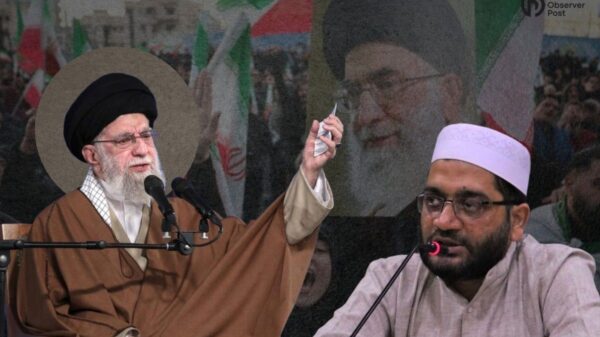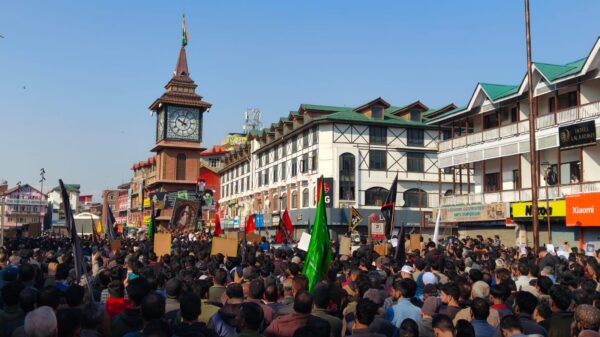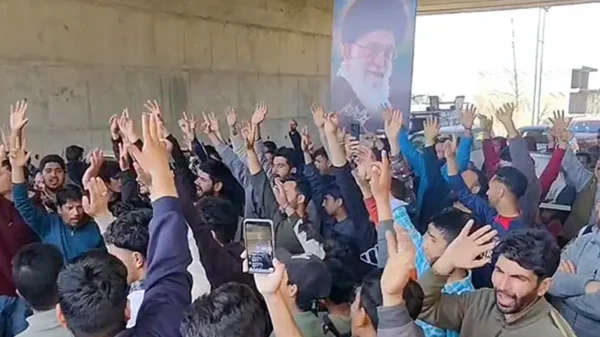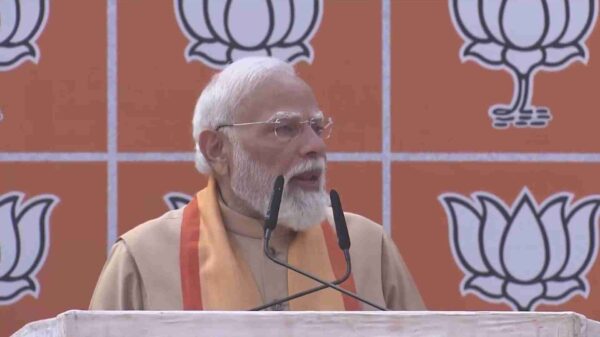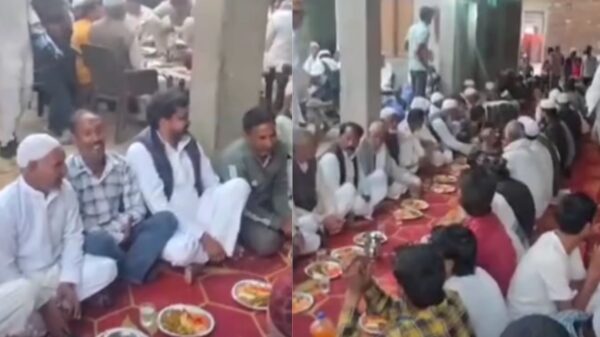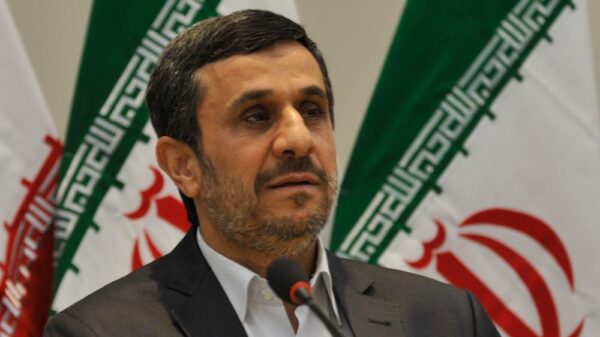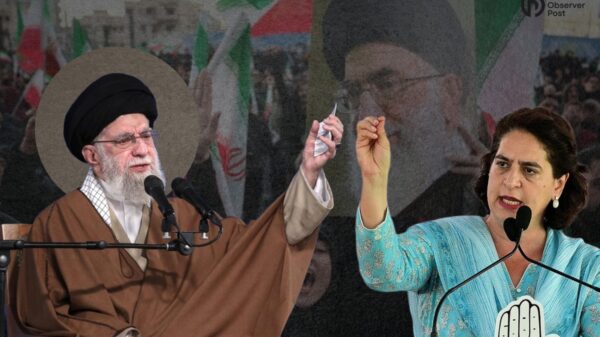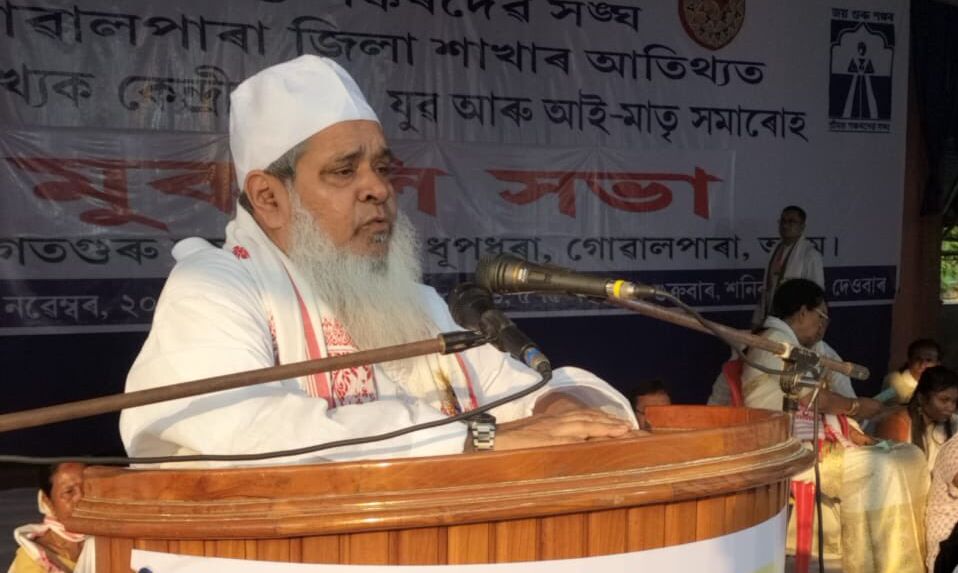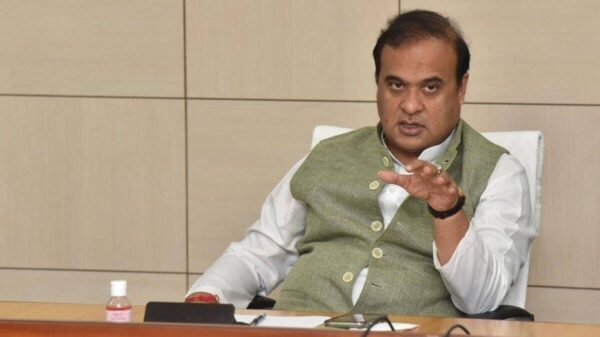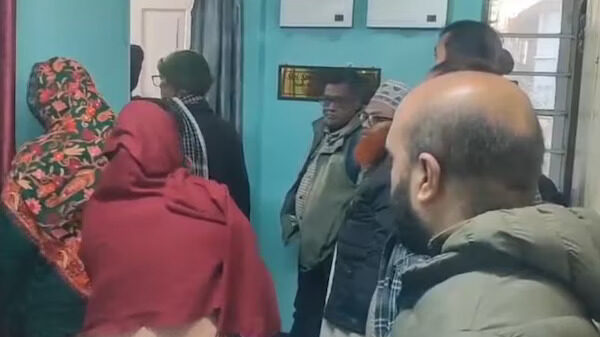At an election rally in Nagaon, Badruddin Ajmal, the leader of the All India United Democratic Front, promised to open 700 new madrasas if his party wins the upcoming general election. Ajmal directly conveyed this promise to Assam’s Chief Minister, Himanta Biswa Sarma, telling him to take note that he and his colleagues from Karimganj and Nagaon intend to follow through on their promise.
“After the Lok Sabha elections, along with AIUDF MPs from Karimganj and Nagaon in Assam, we will open 700 new madrasas. Himanta Biswa Sarma listen, write in your diary, Badruddin Ajmal is coming to the parliament. 700 madrasas we three brothers will open,” the Muslim leader announced.
Ajmal was there to support his party’s candidate for Nagaon, Aminul Islam wherein he also took the opportunity to criticize Congress leader Pradyut Bordoloi. He accused Bordoloi of failing to deliver on job promises, citing that no one at his rallies had said they got a job from Bordoloi. Ajmal also questioned what Bordoloi has accomplished for the Muslim community over the past five years, arguing that even high-profile leaders like Modi and Sarma have failed to create enough jobs.
Assam’s Shift from Madrasas to Regular Schools
On December 13, 2023, the education department in the Indian state of Assam announced that 1,281 madrasas (Islamic schools) in the state would be converted into secular public schools. This meant that these schools, which originally focused solely on religious studies, would now offer a broader curriculum similar to other government-run schools. The Board of Secondary Education in Assam (SEBA) is managing this transition.
Assam’s Education Minister, Ranoj Pegu, shared this news on social media and also posted a list of all the schools that are making this change. These schools, once called ME Madrasas, will now be known as ME Schools.
On New Year’s Day in 2024, Chief Minister Himanta Biswa Sarma discussed the Assam government’s ongoing efforts to negotiate with private madrasa leaders about transforming religious schools (Madrasas) into regular schools. This initiative follows the state’s earlier actions wherein publicly operated madrasas were converted into regular educational institutions.
Chief Minister Sarma pointed out that private madrasas are protected under India’s Constitution, which safeguards minority-run educational institutions from government interference. Additionally, these schools are not shielded by the Right to Education Act.
Despite these protections, Sarma stated that Assam’s police and education departments are working together on a potential plan to reduce the number of private madrasas from three thousand to two thousand through discussions with private madrasa organizations.
Regarding another initiative, Sarma stated that his administration has started a special count or census of five different Assamese Muslim communities. This count will help in mapping out where these communities live, both in villages and urban areas, and should be completed by the end of 2024.
Sarma said, “There are five distinct communities who are known as Assamese Muslim communities, we have approved the census and we are verifying the villages where the Assamese Muslim communities live, also wards in municipal areas where Assamese Muslims live are being earmarked and by the end of 2024, we will complete this census.”
Furthermore, Sarma stated that by the end of this year, his administration will have conducted a new census of Muslims living in Assam.






